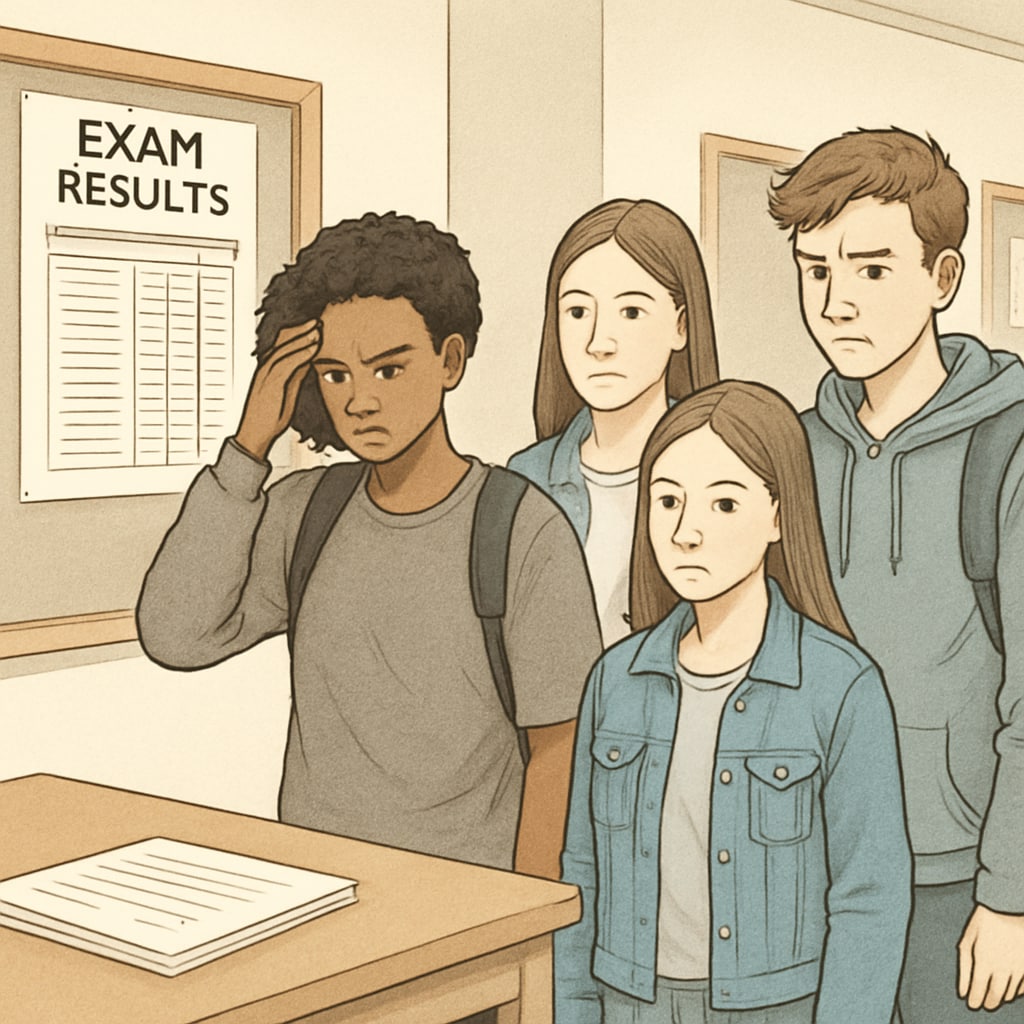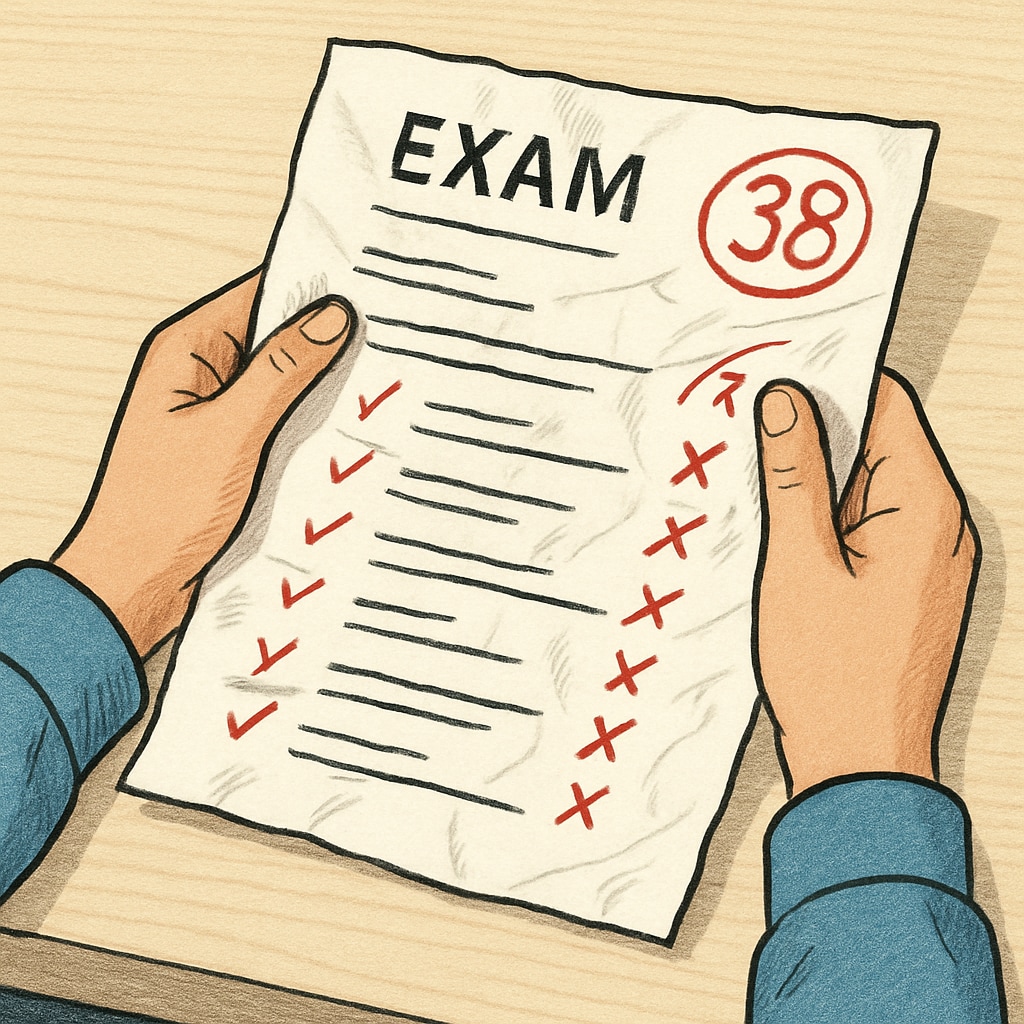For many students, receiving disappointing GCSE成绩,学业担忧,自我怀疑 can trigger overwhelming stress and self-doubt. The British educational system places significant emphasis on these exams as gatekeepers to future opportunities.

However, it’s crucial to understand that academic performance represents just one aspect of human potential. According to NHS mental health resources, excessive focus on exam results contributes significantly to adolescent anxiety.
The Psychological Impact of Exam Disappointment
When expectations don’t match reality, students often experience:
- Intense self-criticism and diminished self-worth
- Fear of limited future opportunities
- Social comparison with peers
- Pressure from family expectations
The GCSE examination system, while standardized, cannot measure creativity, emotional intelligence, or practical skills that matter in real-world success.

Redefining Success Beyond Grades
Educational institutions increasingly recognize multiple intelligences. Consider these alternatives:
- Vocational training programs offering hands-on experience
- Apprenticeships combining work and learning
- Online courses for skill development
- Gap years for personal growth and exploration
Many successful professionals achieved their goals through non-traditional paths. The key lies in identifying individual strengths rather than fixating on perceived failures.
Transitioning from disappointment requires conscious effort. Students should:
- Acknowledge emotions without judgment
- Consult career counselors about alternative options
- Explore industries valuing skills over formal qualifications
- Develop resilience through extracurricular activities
Remember, educational systems evolve slowly, but personal growth happens daily. What seems like an ending might be the beginning of discovering your true potential.


